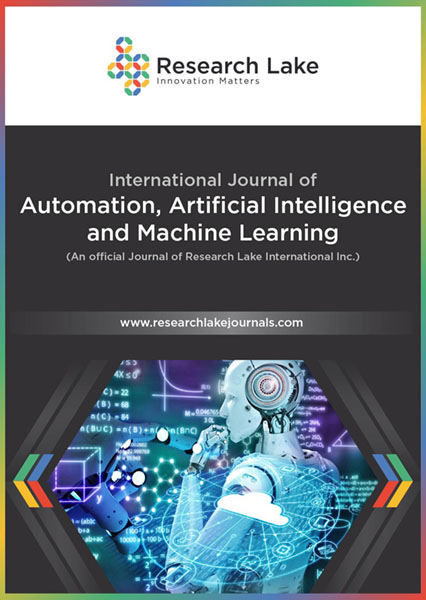A Multi-class Machine Learning Framework to Predict Ampicillin-Sulbactam Resistance of Acinetobacter baumannii
Abstract
Acinetobacter baumannii is a serious pathogen responsible for many of the hospital-acquired infections. The emergence of multi-drug and pan-drug resistant strains of A. baumannii has been a growing concern. Ampicillin-sulbactam combination has proven to be effective in treatment of several resistant strains. However, strains resistant to ampicillin-sulbactam combination have also emerged necessitating other combination therapy. Rapid and accurate identification of the phenotype of the organism is essential for starting the right treatment. To this end, genome-based approaches have garnered much attention. In this work, we report a multi-class machine-learning based approach to predict the ampicillin-sulbactam resistance phenotype and MIC of Acinetobacter baumannii based on the presence/absence of AMR genes in the genome of strains isolated in the USA region. Our model achieves an accuracy of about 94% indicating that the gene presence/absence itself can capture the resistance phenotype. Further, we show that our model, built based on the USA strains, does not predict reliably the AMR phenotypes of Indian isolates pointing to the need for building machine learning models from region-specific data.
Copyright (c) 2021 Hrushikesh Bhosale, Vigneshwar Ramakrishnan, Valadi K Jayaraman

This work is licensed under a Creative Commons Attribution-NonCommercial 4.0 International License.
Copyright © by the authors; licensee Research Lake International Inc., Canada. This article is an open access article distributed under the terms and conditions of the Creative Commons Attribution Non-Commercial License (CC BY-NC) (http://creative-commons.org/licenses/by-nc/4.0/).










